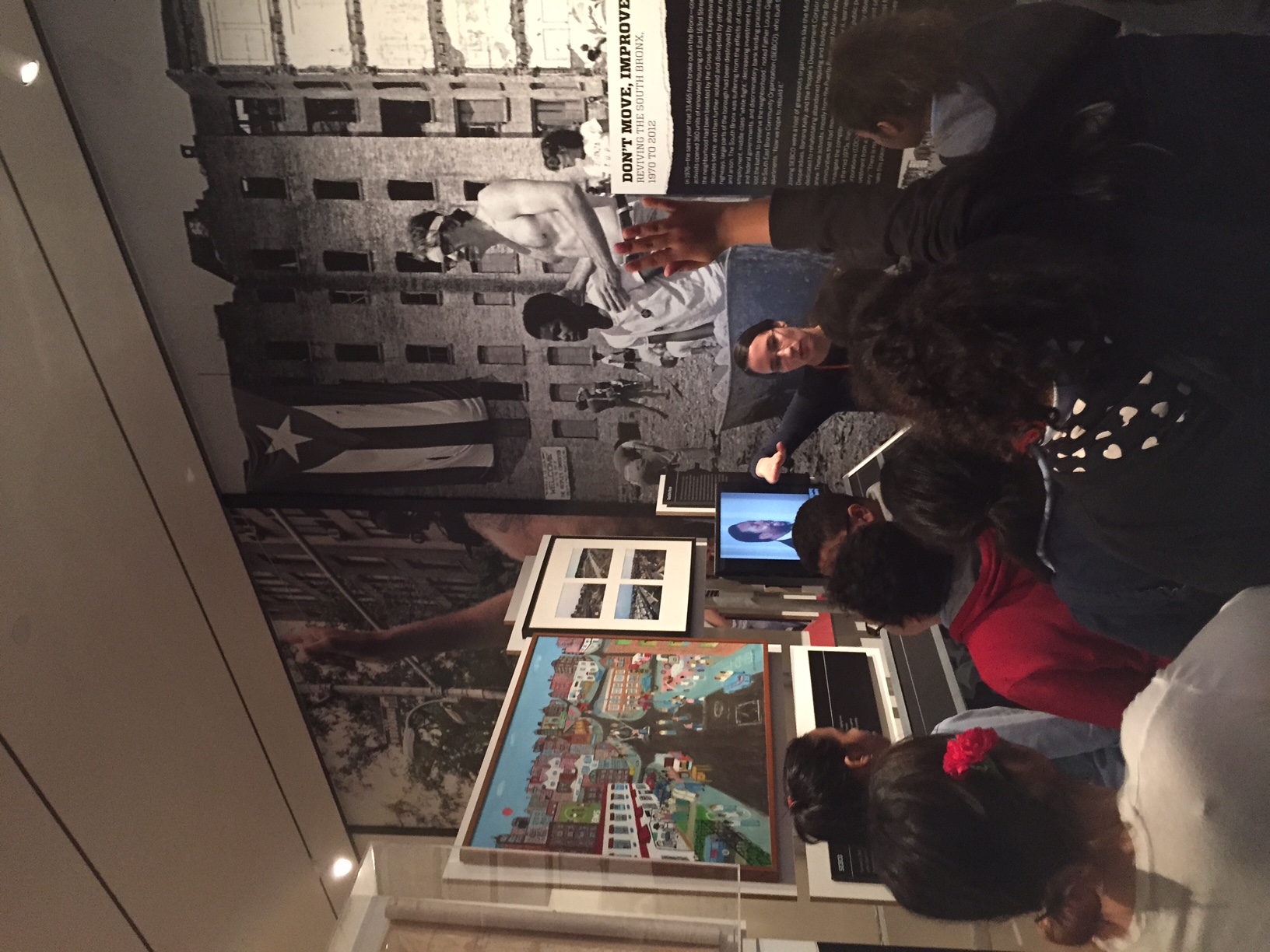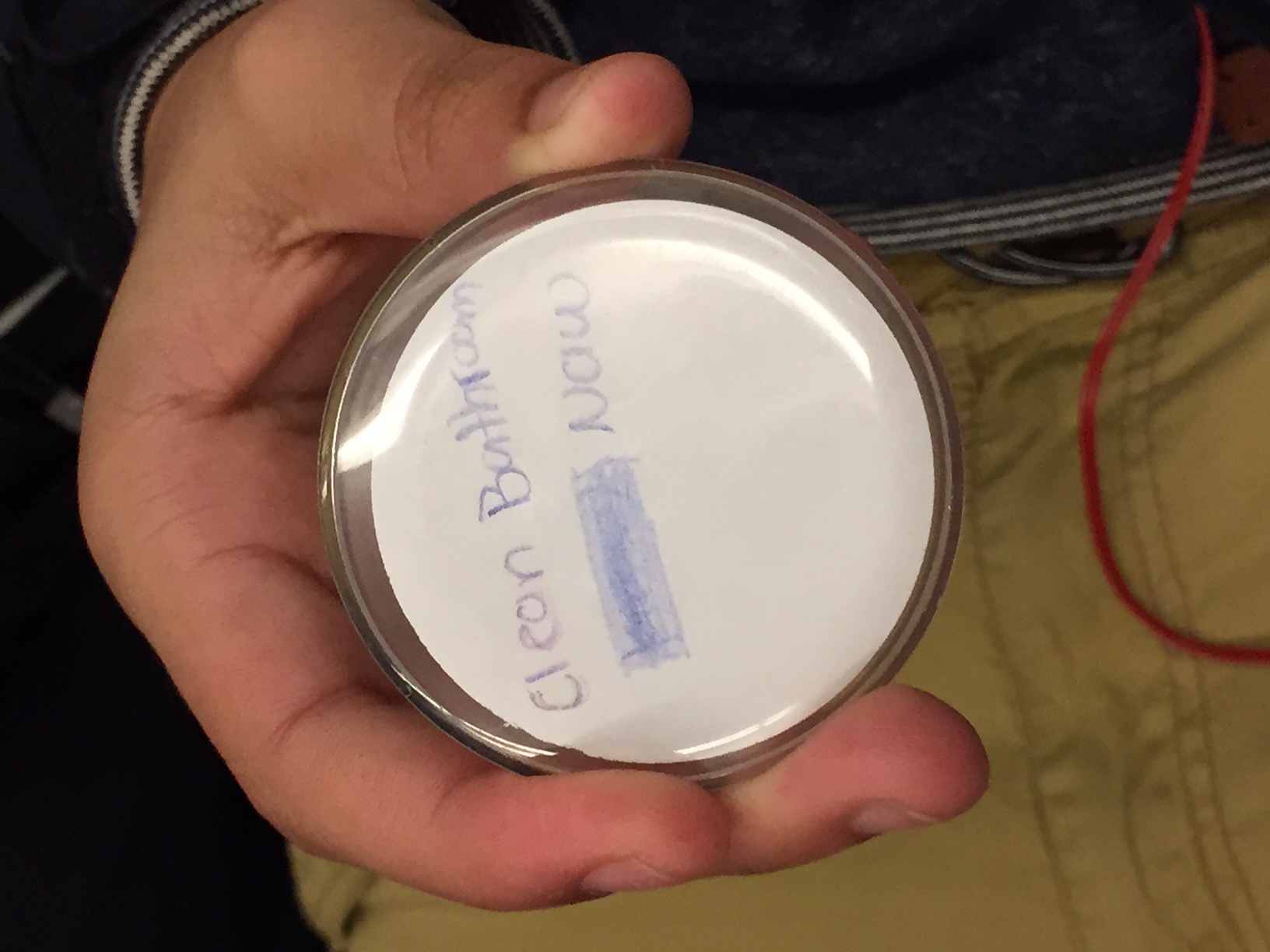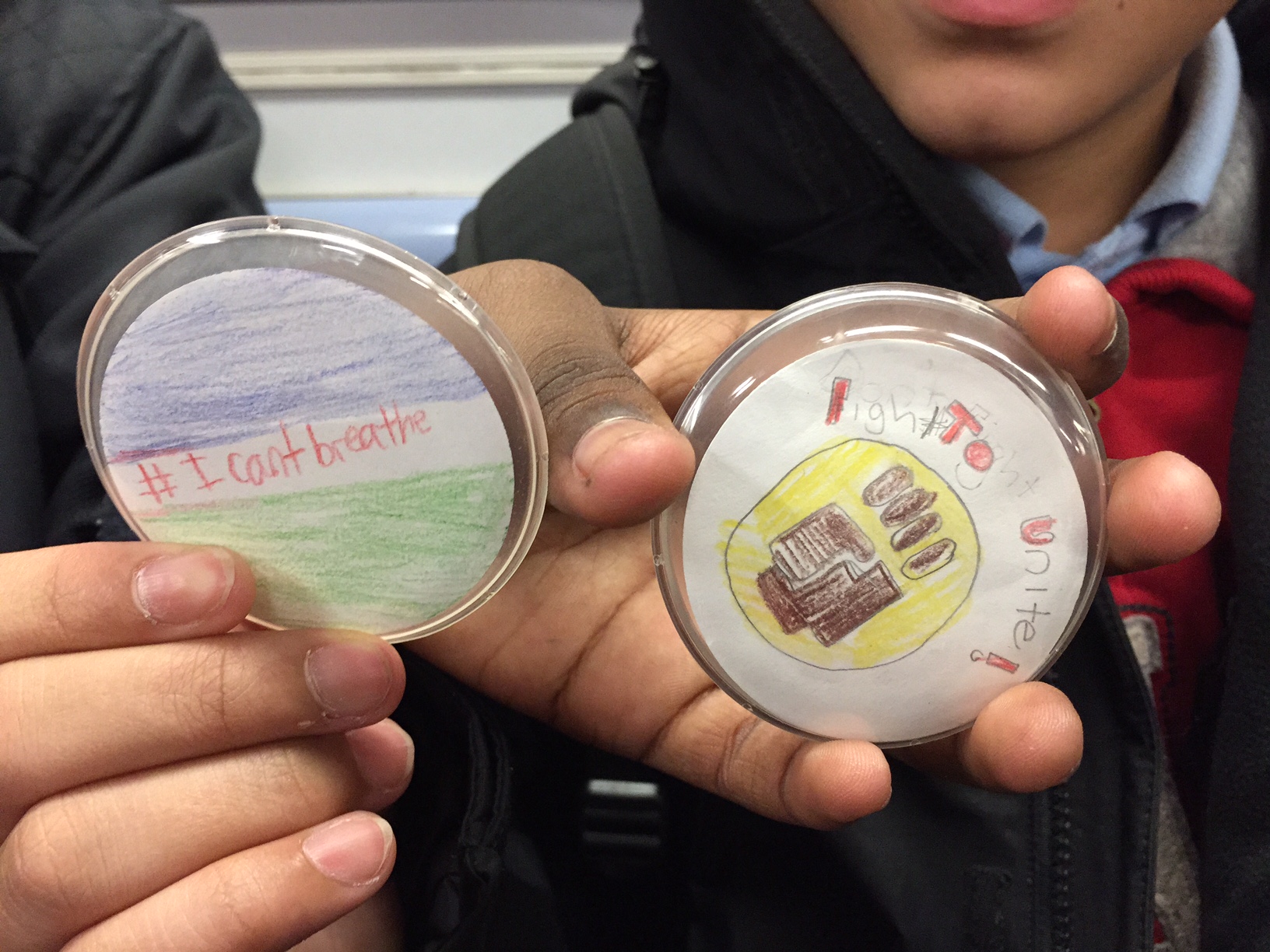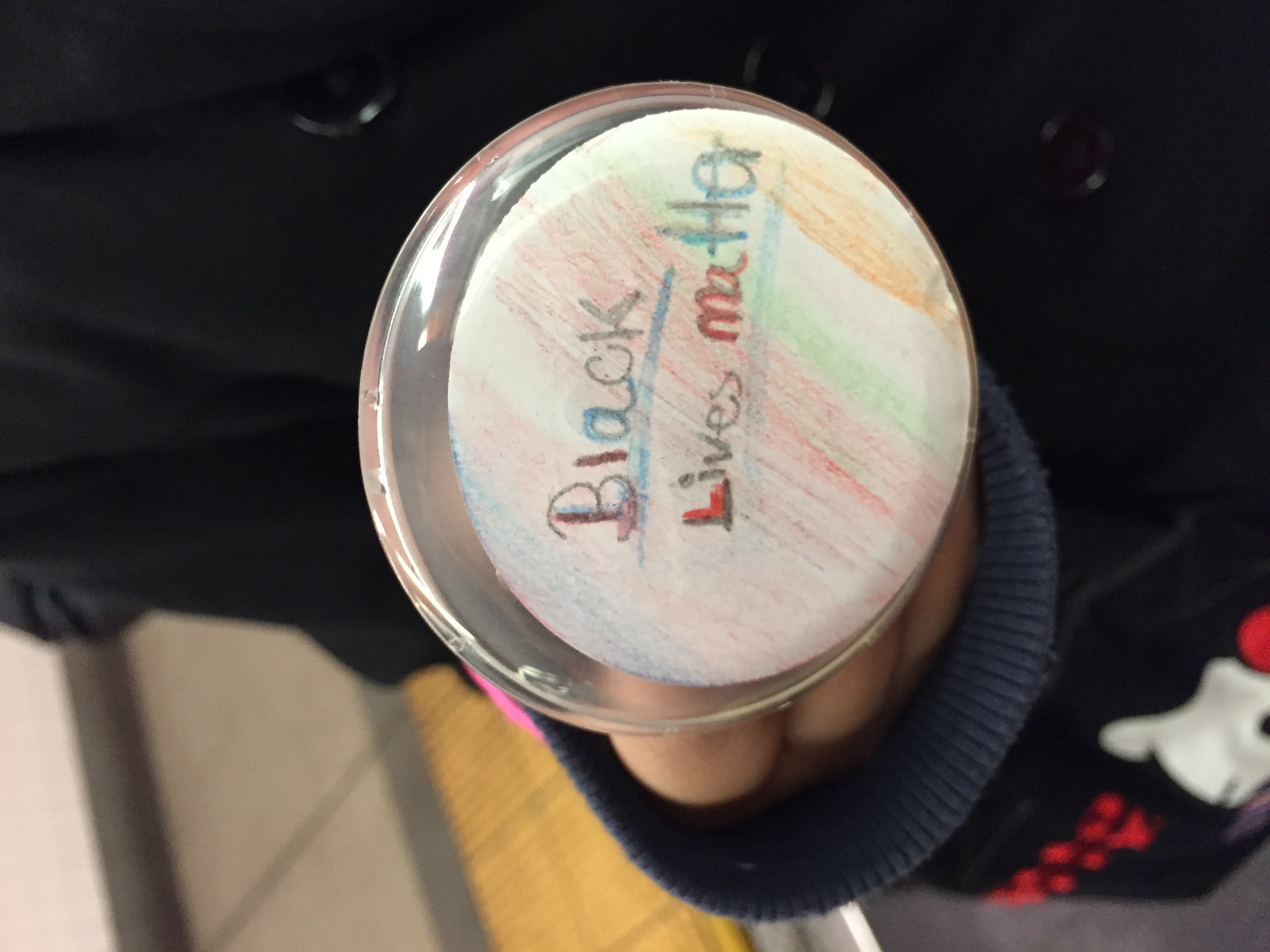Picking My Battles
I’ve been struggling with something lately. My students have this very strong aversion to any field trip experience that a) is connected to what we’re learning or b) involves work. It seems that they’re used to field trips that are “just for fun” and involve the movies or some sort of play space. When I told them about today’s trip to the Museum of the City of New York to explore the exhibit “Taking a Stand: Activism in New York City” more than a few students said, “Aw miss. I’m not coming that day. Museums are boring.”
A huge part of my work as a teacher is exposing my students to the world outside of their neighborhood and as an English Language Arts teacher I know that building my students’ background knowledge is key to them growing as readers, writers, listeners, and speakers. So you can see why I struggle with their reaction to our fieldwork experiences.
Today, of the 26 students in my first period class only 13 came. Many were absent – I think because they didn’t want to go on the trip – and five were at school but said they didn’t bring back their permission slips because they didn’t want to go. For some of them, I even called their families before we left and got permission from their parents but the students still made it clear they weren’t interested in participating.
That’s when I decided to pause, reassess, and pick my battles. If a 7th grade student really doesn’t want to go on a fieldwork experience do I force them to go? One on hand, that’s my job as their teacher. By design, I am meant to help expose them to what’s beyond the Hunts Point and Longwood communities. On the other hand, why risk ruining the experience for the rest of my students by bringing along a group who has made it clear they don’t want to be there? (A little piece of me died when I typed that last sentence.) But this is what I’ve been processing and thinking through all year. When do I push kids? When do I let things slide? Is it OK to lower my expectations sometimes? Does every child need to have access to the same experience? Am I setting students up for failure by demanding that they do something they may not be ready for? Are they really “not ready” or just not interested? Are those two the same thing sometimes?
After a short discussion with my colleagues we decided not to engage in the battle. We gathered our thirteen students – only 50% of our first period class – and traveled to the museum. We learned a ton from a phenomenal museum educator named Maeve, made buttons about an issue we want to change, and even saw our Hunts Point community members highlighted in the exhibit for their work to revive the South Bronx in the 1970s. Don’t Move, Improve.
After the winter break, I’ll take my other two classes to the museum to explore the same exhibit. I’ll do all I can to encourage students to attend – reach out to their parents, share how much fun we’ll have, and enlist some positive peer pressure from those who went today. A recent conversation with my principal – after he observed one of my afternoon lessons derail – reminded me that change takes time. I may not get all of my students to want to go to the museum this time around but I’m hopeful that by the end of the school year their aversion to fieldwork will shift towards enthusiasm.






